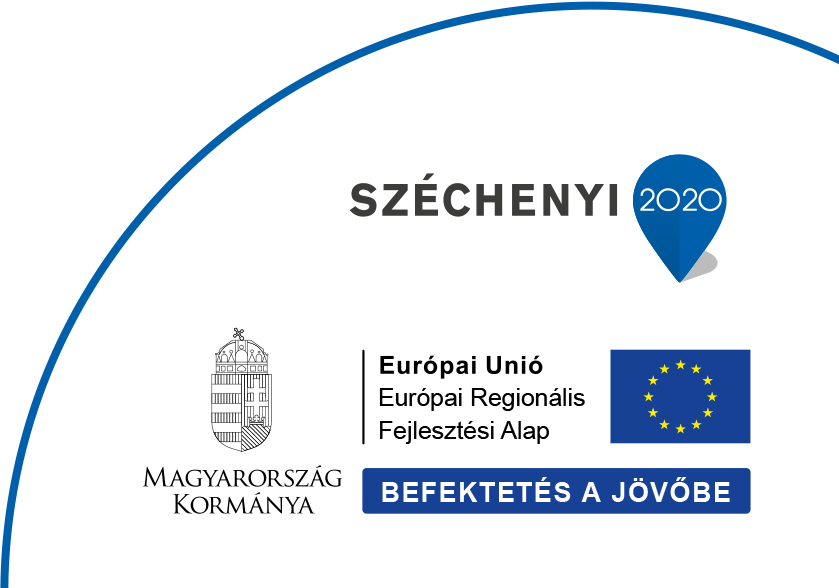
Head of Department
Tamás Belgya
Tel: +(36-1)- 392-2531
E-mail: belgya.tamas@ek-cer.hu
There are two main research areas in the lab: environmental protection and irradiation of polymers. Using the 4 MeV electron beam (EB) accelerator radiation aging studies are carried out and the machine is also used to investigate the mechanism of radiation induced reactions. Research on environmental protection The research is carried out with the objective to establish the scientific background for energy-saving wastewater treatment technologies. The treated wastewater emitted by the municipal sewage works usually contains toxic organic impurities, e.g. pharmaceuticals, in low concentrations.
The complete degradation of these compounds is usually not possible by the conventional techniques applied at the municipal wastewater plants. It is very important to remove these impurities with some advanced after treatment technologies because the receiving water is usually the source of our drinking water. By applying high-energy ionizing radiation as after treatment not only the toxicity of the treated wastewater will be diminished but also the water will be disinfected (instead of chlorination). When dilute aqueous solutions are irradiated the main process is the radiolysis of water. In water radiolysis the main reactive intermediates are hydroxyl radical (•OH), hydrated electron (eaq) and hydrogen atom (H). These intermediates react with the toxic organic solutes degrading them to smaller molecules, opening the aromatic rings and finally, to mineralizing them to carbon dioxide and water. In the Radiation Chemistry Laboratory the mechanism of ionizing radiation induced degradation of pharmaceuticals (e.g. antibiotics, analgesics and anti inflammatory drugs) is studied in aqueous solutions. The degradation is followed by measuring the chemical oxygen demand (COD), biochemical oxygen demand (BOD), total organic carbon content (TOC) and toxicity (Microtox) before and after irradiation. After HPLC separation the degradation products are identified by using diode array and HPLC/MS-MS detection. Ionizing radiation and polymers The main objectives are: radiation induced degradation and radiation modification of polymers, radiation crosslinking of cables- and wire insulations, radiation curing of thin surface coatings, radiation syntheses of hydrogels. The most important industrial application of ionizing radiation is the radiation induced modification of polymers. This is an energy-saving method for producing polymers with advanced properties for technical applications. This topic is especially important due to the wide spread application of polymers in nuclear reactors. The purpose of the research is the study of radiation degradation and stabilization of polymers and the optimization of working parameters of radiation technologies. Radiation initiated grafting is an excellent method to improve some properties of practical importance (e.g. dyeability, water resistance, compatibility with other polymers) of polymers and biopolymers. Irradiated polymers, in some special cases, become easily recyclable. Research using accelerated electrons (EB) The 4 MeV EB machine of the laboratory can be applied to irradiate samples with high doses in a short time. This is advantageous for accelerated irradiation aging of polymer samples. On the other hand, by using kinetic spectroscopic detection the pulse radiolysis measuring setup can be used to study the kinetics and mechanism of radiation induced reactions on the microsecond time scale.
Our publications:
https://m2.mtmt.hu/gui2/?type=institutes&mode=browse&sel=institutes17997
The colleagues of the department
Renáta Homlok
Kornél Fél
Krisztina Kovács
Petra Mandula
Gyuri Sági
László Szabó
László Takács
Anna Tegze
